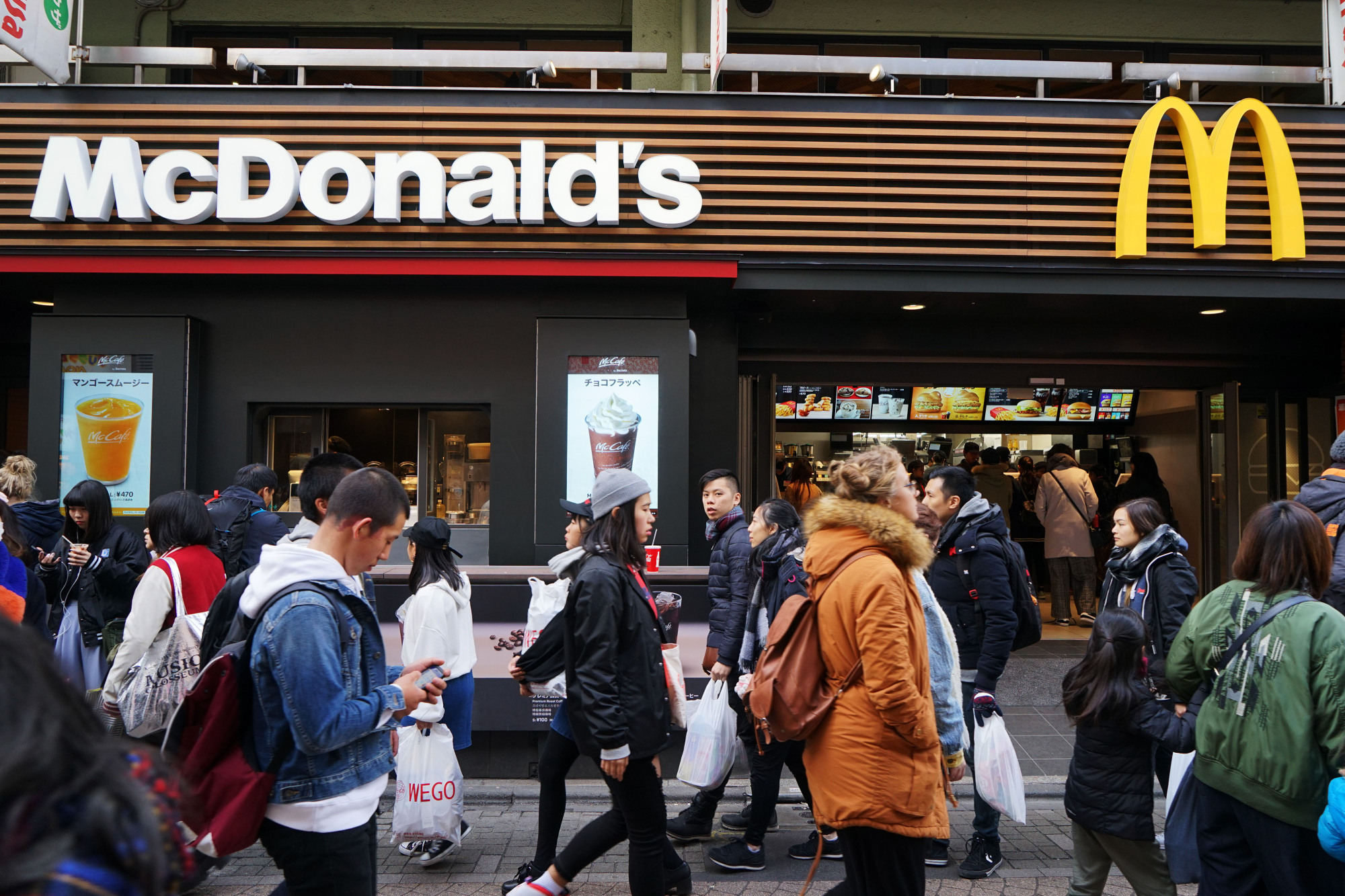When the government raised the consumption tax from 5 percent to 8 percent in April 2014, Japan suffered a recession. One possible indicator if such a downturn will happen prior to next month's long-delayed hike to 10 percent is how much people are spending now in anticipation of the increase. On Sept. 14, the Tokyo Shimbun reported on purchases of home electronics during the first week of September. On the whole, sales of digital electronics were less than they were a month before the 2014 tax hike went into effect. However, year-on-year sales of TV sets in September this year were significantly up from year-on-year sales in March 2014, mainly owing to the availability of 4K and 8K displays and the fact that many households have not bought new TVs since digital terrestrial broadcasts started in 2011.
In an Aug. 15 article, expensive home electronics was one of the categories of goods that Nikkei Style recommended for purchase ahead of the tax hike. Other categories include brand name merchandise, transportation passes, physical checkups not covered by national insurance and tickets for leisure activities. Among items the website said were not necessary to purchase before Oct. 1 are clothing, because apparel is often subject to bargain sales, and food, because it's exempt from the tax hike. However, this exemption also highlights the public's general confusion over the tax hike's scope, confusion that is exacerbated by the media's desperate attempt to make sense of the changes.
The biggest confusion is over the reduced tax rate and points reward system (keigen zeiritsu). A Mainichi Shimbun article detailed the reward points that consumers can accumulate over the next nine months to reduce their tax outlay when they use credit cards and electronic money. Ostensibly, the government wants to bring Japan up to speed in terms of cashless transactions. In Japan, consumers with credit cards use them for 20 percent of their purchases compared to 98 percent in South Korea and 44 percent in the United States, but only designated small and medium-sized businesses can register for the new cashless system.



















With your current subscription plan you can comment on stories. However, before writing your first comment, please create a display name in the Profile section of your subscriber account page.